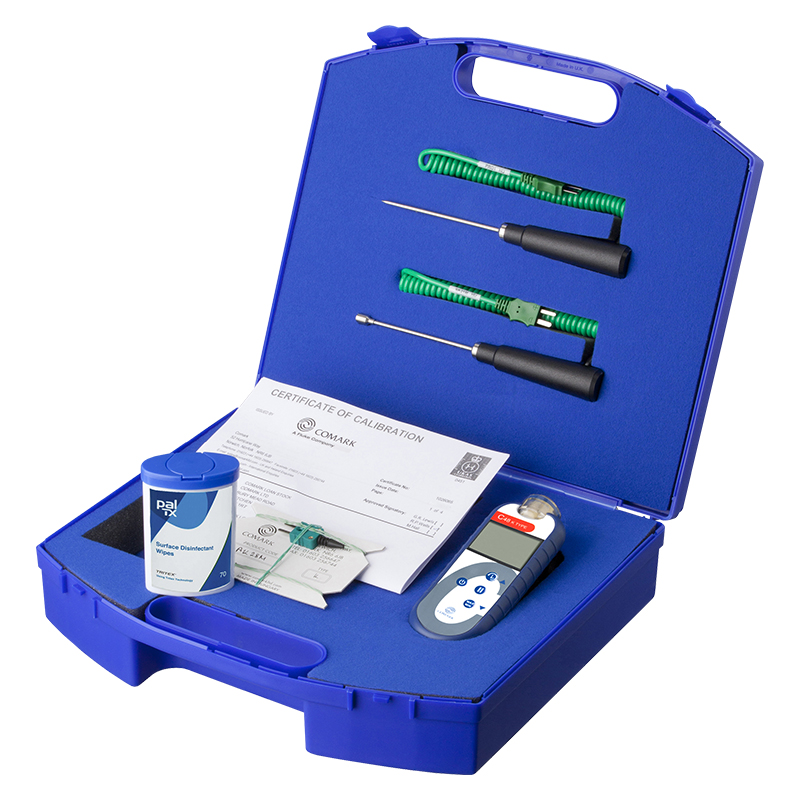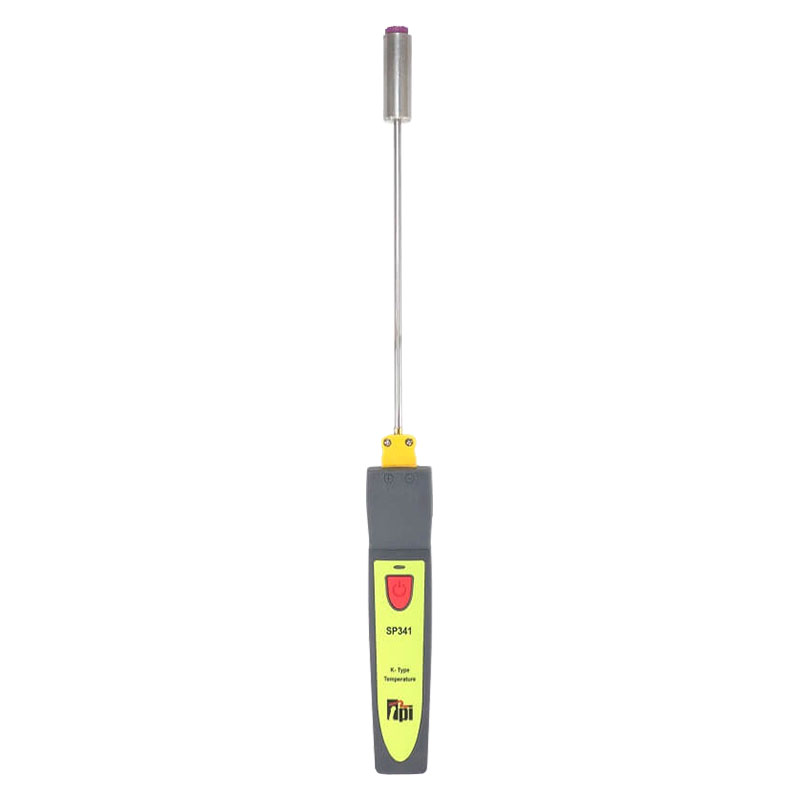
As businesses and schools reopen after the Christmas break, now is the time to test for Legionella pneumophilia bacteria that may have built up in stagnant water systems. With all the chaos of last year, it is understandable that stories about outbreaks of Legionnaires’ disease were not at the top of news feeds. Nevertheless, several such stories broke in 2022, and, if we don’t want a repeat of this in 2023, it is imperative that we all take precautionary measures.
Quick Links
What is Legionella?
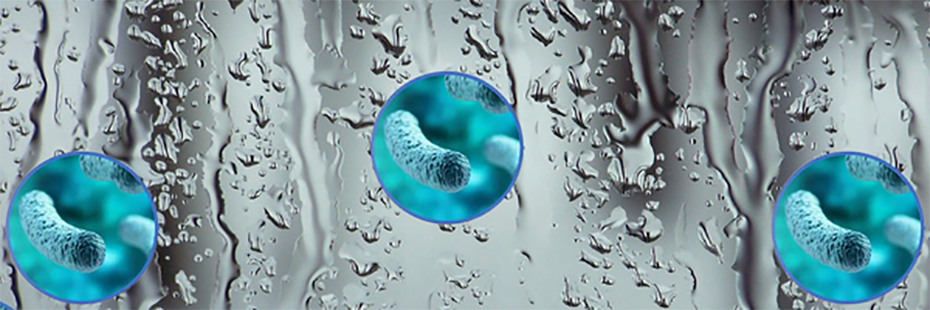
Legionella or Legionnaires’ disease is a severe form of pneumonia that can be fatal.[1]
How is Legionella Transmitted?
Contracted by inhaling water droplets containing Legionella pneumophilia, Legionella is commonly transmitted via showers, HVAC systems, pools, fountains, and drinking water. The bacteria live in water systems, feeding on rust, sludge, scale, organic matter, and biofilms that build up on pipes and tanks, and thrive in temperatures between 20°C and 45°C.
It is important to note that Legionnaires' disease cannot be passed from person to person.
What are the Symptoms of Legionnaires’ Disease?
- High temperature
- Feverishness
- Chills
- Cough
- Muscle pains
- Headache
Generally, symptoms become apparent within two to ten days of exposure to Legionella pneumophilia and will worsen over a seven-day period.
Who is Susceptible to Contracting Legionella?
Everyone is susceptible to contracting Legionella; however, your risk increases with age, with those over 45 being most vulnerable, as well as whether you have underlying health conditions and/or are a smoker.
Related Articles: Legionnaires’ Disease: Managing the Risk Post Lockdown
Legionella in the News
Last year, particularly in the months leading up to Christmas, multiple stories involving the discovery of Legionella made the news. Many places had to be closed for disinfection causing disruption to essential services.
Patients Moved from Penn Hospital After Discovery of Legionella Bacteria
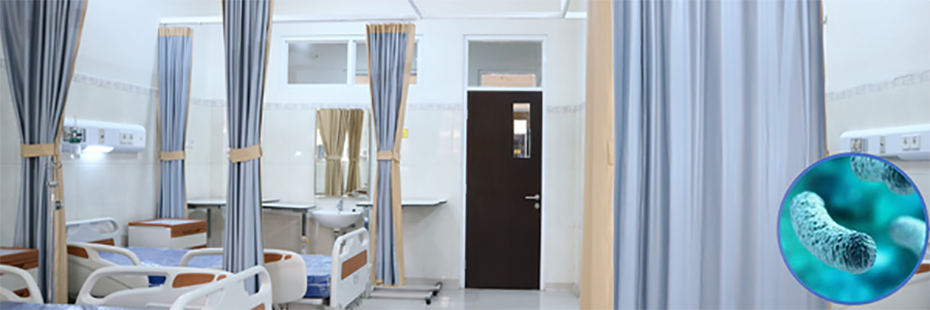
Routine tests uncovered increased levels of Legionella bacteria in Penn Hospital’s water system. Fortunately, there were no outbreaks of Legionnaires’ disease. However, all patients, totalling 50, were moved from the non-acute Wolverhampton hospital to other medical facilities across the Black Country so “urgent works” could be carried out.[2]
Legionella Shuts Off Parliament Showers & Tea Point
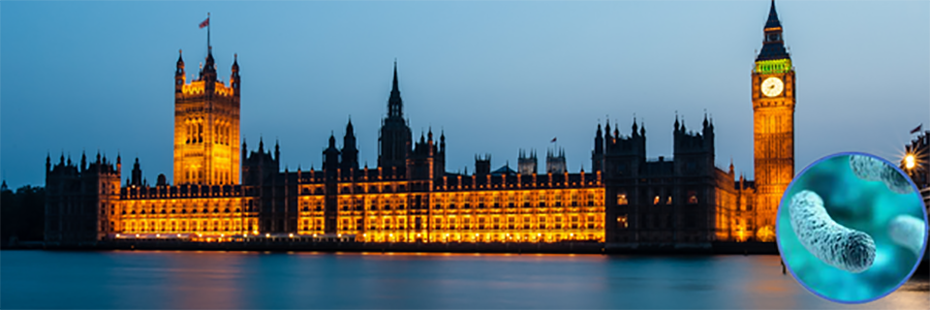
In June 2022, precautionary measures were taken after low levels of Legionella pneumophilia were discovered in one of the water systems serving Portcullis House. The discovery was made during routine monitoring. Areas of the building affected by the water source were isolated, which involved closing showers and a tea point, while the water system was disinfected. Other water sources in the Palace of Westminster remained safe to use.
A spokesperson for the House of Commons said:
“As part of our routine proactive monitoring, our maintenance team have identified low levels of Legionella bacteria in some isolated areas in Portcullis House. As a precautionary measure in line with best practice, we have temporarily closed the showers and a tea point affected, while we undertake a disinfection of the water system in line with normal protocols. All other water sources in the building continue to be safe to use as normal.”[3]
Southampton Police Officer Left Seething at Spread of Legionella
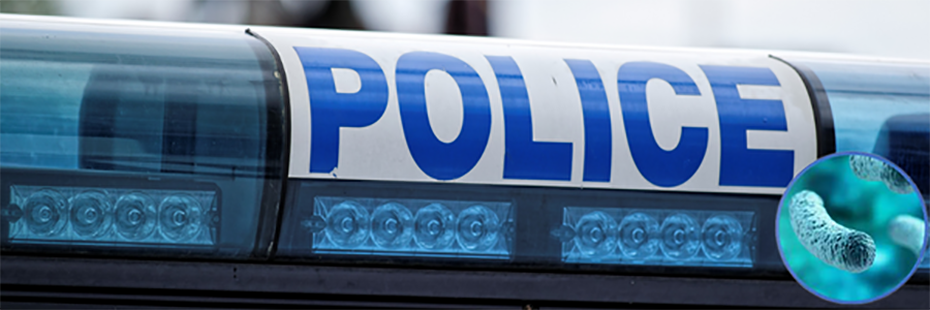
One police officer was enraged after receiving an email sent to staff at Western Primary Investigation Centre, explaining that the water supply at the Southampton police station would be shut off for sanitisation. The police officer, who did not want to be named, told the Southern Daily Echo:
“The problems with the water have been known about for the past month […] Whilst management has clearly been aware of the issues, they have taken all this time to take any decisive action. Several of my colleagues have been taken ill during this period and several of them have been showing symptoms of Legionella infection.”
He goes on to say that the custody block has been closed with all current prisoners sent to alternative police stations.
Responding to the police officer’s claims, Hampshire Police says staff were alerted on the day Legionella bacteria was discovered and corrective measures were put in place immediately. A spokesperson for Hampshire Police told the Southern Daily Echo:
“The safety of our officers and staff is always our priority and measures were immediately put in place to address the issue and ensure those working at the building could continue to do so. The water supply has been closed off and engineers are on-site to ensure the entire system is flushed and pasteurised. Bottled water and hand sanitiser has been delivered to ensure business continuity.”[4]
Traces of Legionella Detected in Tulliallan Police Training Centre
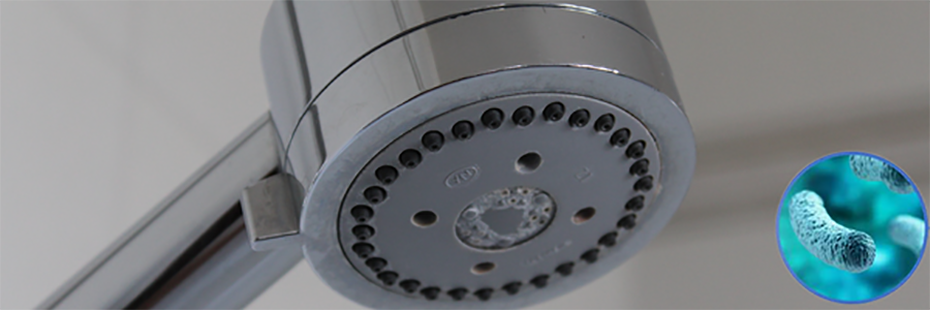
Traces of Legionella pneumophilia were found in showerheads at a key Scottish police college in Tulliallan, Fife. Chief Inspector Rachael Burns explains:
“Routine testing detected traces of Legionnaires’ disease in five shower heads at the Scottish police college. The shower heads are being replaced and contingency plans are in place.”
The training site reports that nobody has been taken ill as a result of Legionella.[5]
Welsh School Without Hot Water After Legionella Discovery

Ysgol Y Deri, a school in Penarth, Wales, was forced to close for several days last November (2022) after low levels of Legionella bacteria were detected in its hot water system during routine testing. As a precaution, the decision was taken to close the school between Wednesday 23rd November, the day of the discovery, until Monday 28th November to safeguard medically vulnerable pupils. Upon re-opening, temporary measures, such as shutting off the hot water, bringing in water pumps, and using hand sanitiser, were introduced while a permanent solution was sourced. No cases of Legionnaires' disease amongst students or staff have been reported.
The Vale of Glamorgan and Ysgol Y Deri school issued a joint statement regarding the closure and re-opening:
“During routine testing of the hot water system and hot water pumps at Ysgol Y Deri, very low levels of Legionella, the bacteria that can cause Legionnaires' Diseases, were found at certain locations on the school site. Ysgol Y Deri was closed briefly as a precaution due to the medical vulnerability of some pupils.
Although the risk posed is low, the duty of care the school and Council has to pupils comes before any other consideration and their welfare will always be put first. There have been no confirmed cases of infection among either pupils or staff and work was done to ensure Ysgol Y Deri could open safely from Monday. This includes shutting off hot water, bringing in water pumps and hand sanitiser supplies. This is a temporary measure while arrangements for a permanent solution are made.”[6]
Testing for Legionella
Employers, landlords, and facilities managers have a legal responsibility to assess, monitor, and manage the risks associated with Legionella. Implementing a water management program that includes regularly testing water systems is an effective way of preventing Legionnaires' outbreaks. One such method involves checking the temperature of water supplies. As mentioned above, Legionella pneumophilia thrive in temperatures between 20°C and 45°C; therefore, water should be cooled to below 20°C or heated to above 60°C. Monitoring temperatures helps ensure you are not providing optimal conditions for the growth of Legionella bacteria.[7]
For more information regarding Legionella Prevention, please click here.
Leading manufacturers such as Comark, ETI, Testo, and TPI have developed an array of Legionella temperature testing kits for just this purpose. You can view our collection of Legionella testing kits here.
Legionella Thermometer Testing Kits
Further Information
For more help or advice regarding the monitoring of Legionella bacteria or any of our Legionnaires’ testing kits, please don’t hesitate to contact our Sales team on 01642 931 329 or via our online form.
[1] Information about Legionella was taken from:
- Jessica Wright, Legionnaires’ Disease: Managing the Risk Post Lockdown, last accessed 06 January 2023
[2] BBC News, Penn Hospital patients moved after Legionella discovery, last accessed 06 January 2023
[3] Jasper King, ‘Traces of legionella found in showers and a tea point in Parliament’, Metro, last accessed 06 January 2023
[4] Maya George, ‘Southampton police station legionella: Police officer speaks out’, Southern Daily Echo, last accessed 06 January 2023
[5] BBC News, Legionnaires’ disease found in police HQ showers, last accessed 06 January 2023
[6] Elizabeth Thomas, ‘Ysgol Y Deri special school re-opens without hot water as legionella bacteria found during testing’, Wales Online, last accessed 06 January 2023
[7] Jessica Wright, Legionnaires’ Disease: Managing the Risk Post Lockdown


